
Meeting News
Advertisement
Gaps in coordination and collaboration between primary care and oncology may impact long-term survival outcomes for patients.
TAG shows promise for BPDCN patients under 50, reducing toxicity and enabling safer transplants.
Tuspetinib plus standard of care venetoclax and azacitidine in newly-diagnosed AML showed promising safety and efficacy.
Dr. Amir Fathi discusses oral regimens and future AML therapy trends in this Editor’s Special of The HemOnc Pulse.
Pirtobrutinib, CAR T, and bispecifics are reshaping CLL care for high-risk, relapsed patients with limited options.
TAG shows promise as frontline therapy in BPDCN, minimizing toxicity and supporting safer stem cell transplant.
Advertisement
BTK inhibitor safety: New analysis shows less hypertension risk with acalabrutinib or zanubrutinib vs ibrutinib in CLL.
Immunotherapy is reshaping ALL care, and short blinatumomab use may boost outcomes and reduce chemo-related toxicity.
In the SURPASS ET trial, ropeginterferon alfa-2b was compared to anagrelide in second-line management of ET.
A U.S. claims database study revealed how clinicians are administering elranatamab therapy in the real-world setting.
The phase 1/2 study's safety and efficacy data on bexmarilimab plus azacitidine for high-risk MDS are promising.
Dr. O’Brien described the safety and efficacy of zanubrutinib and the benefits of combining the drug with other agents.
Talquetamab plus teclistamab yields high responses in patients with relapsed/refractory myeloma and extramedullary disease.
Dose escalation study data presented at EHA2025 showed durable response in patients with disease resistant to prior therapy.
Dr. Susan Bal unpacks the promise of GPRC5D CAR T therapy in relapsed/refractory multiple myeloma.
Mosun SC shows positive ORR and CMR rates in first-line MZL, offering an effective, outpatient-friendly treatment option.
Ziftomenib shows strong, lasting responses in R/R NPM1-mutant AML, according to KOMET-001 data shared at EHA 2025.
Brexu-cel shows a significant 5-year OS rate in R/R B-ALL patients, with survival benefits across key subgroups in ZUMA-3.
Elotuzumab added to KRd shows a favorable trend in 3-year PFS for NDMM patients, EHA 2025 study finds.
Talquetamab remains effective in tough-to-treat myeloma—even when patients develop immune responses.

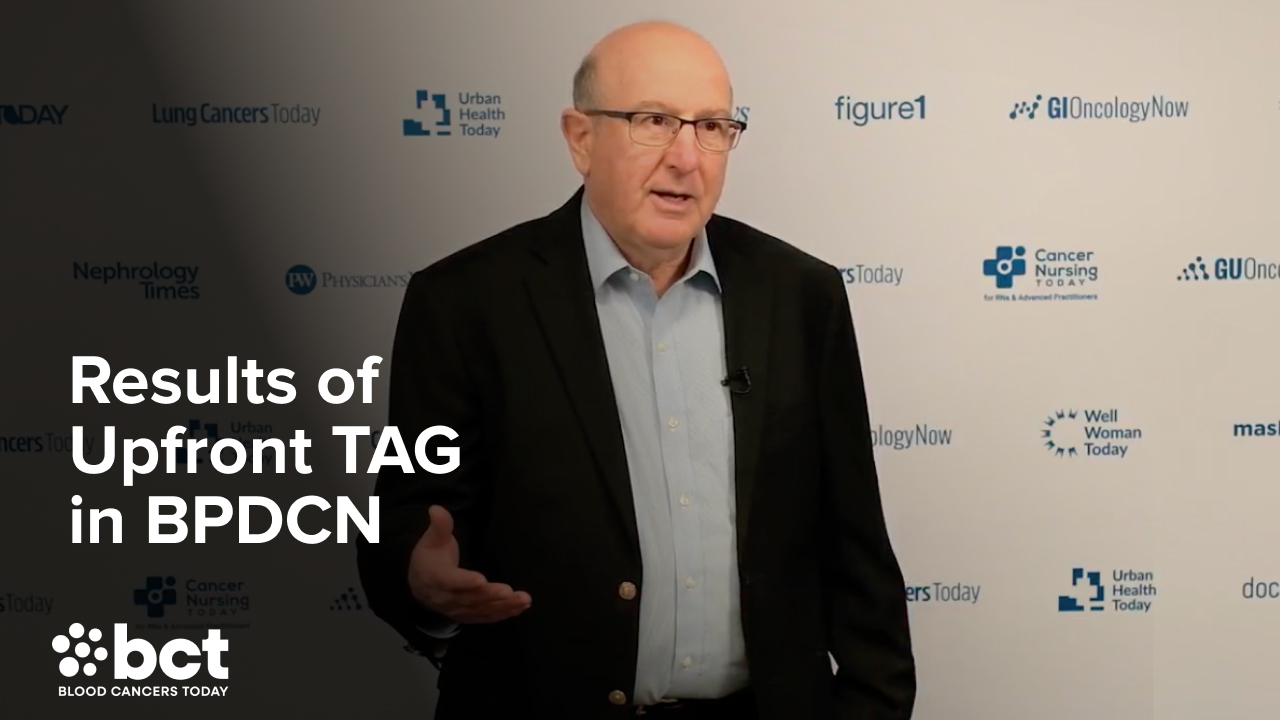
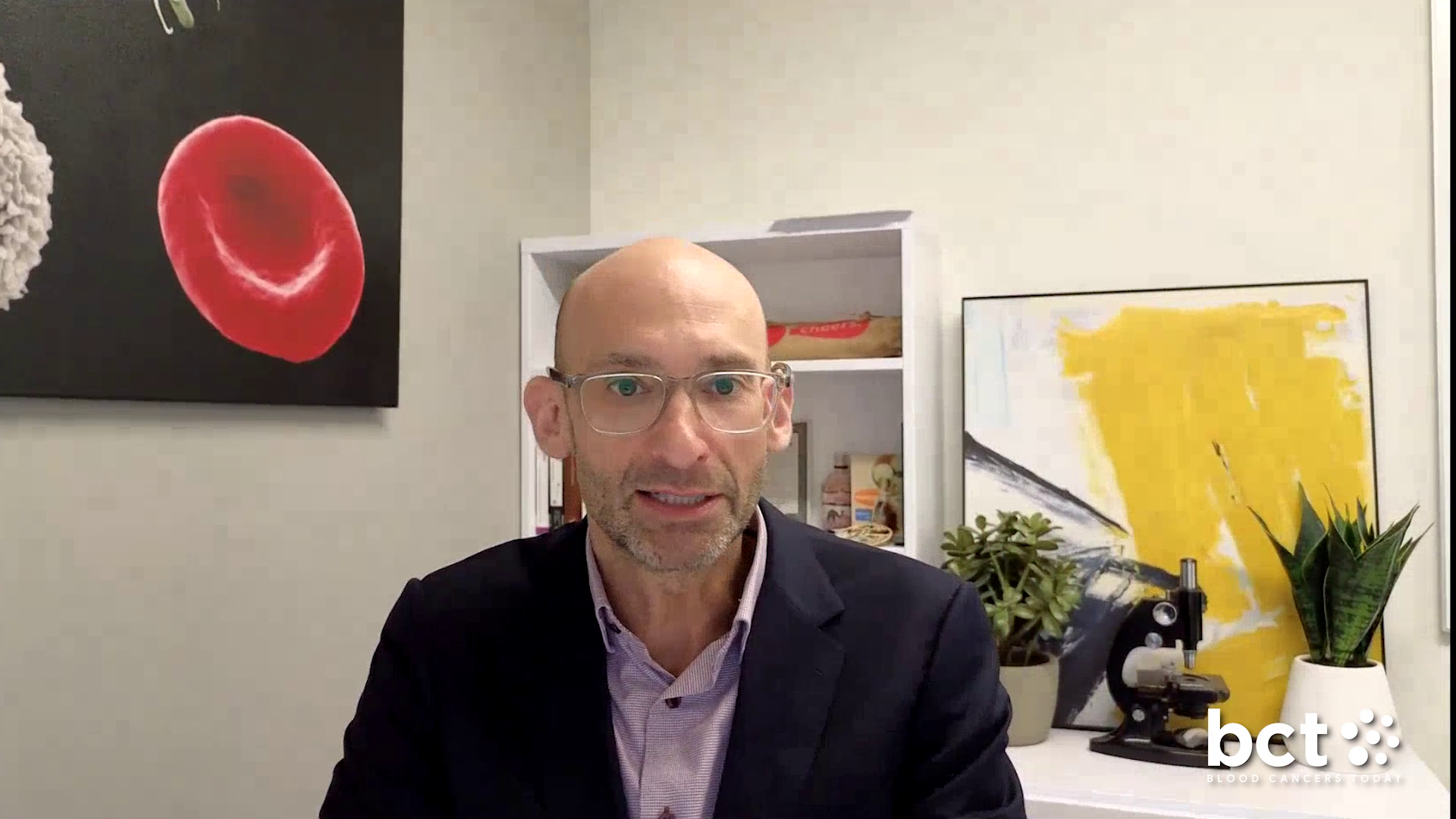
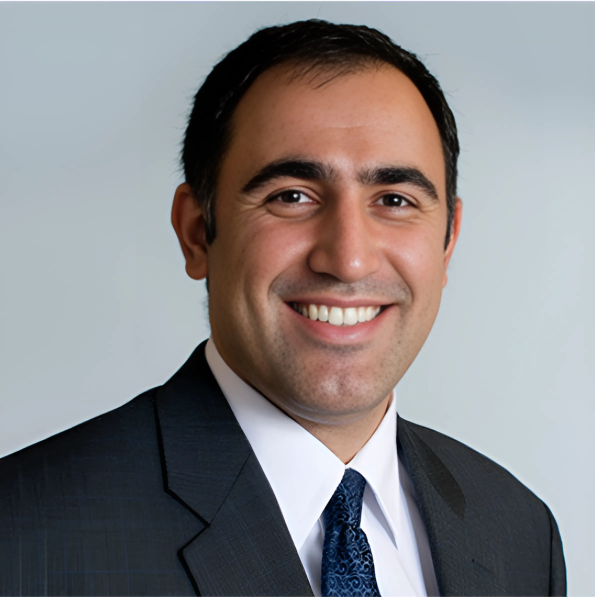


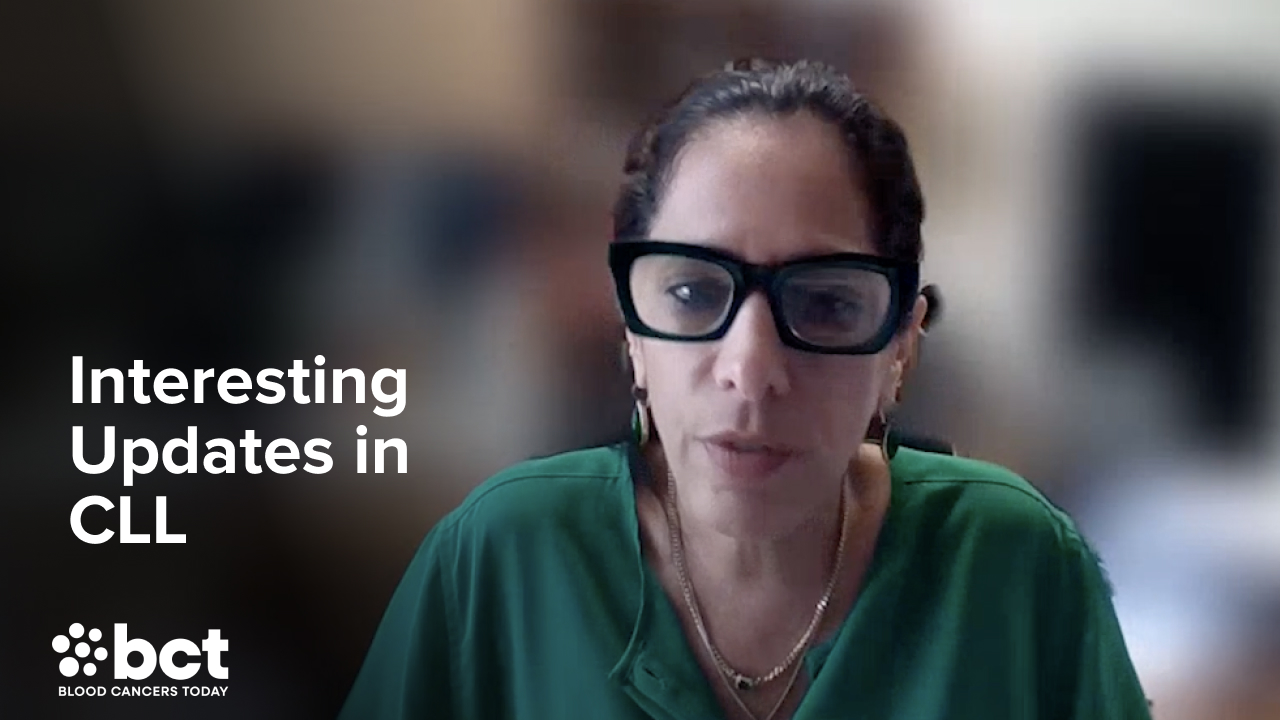
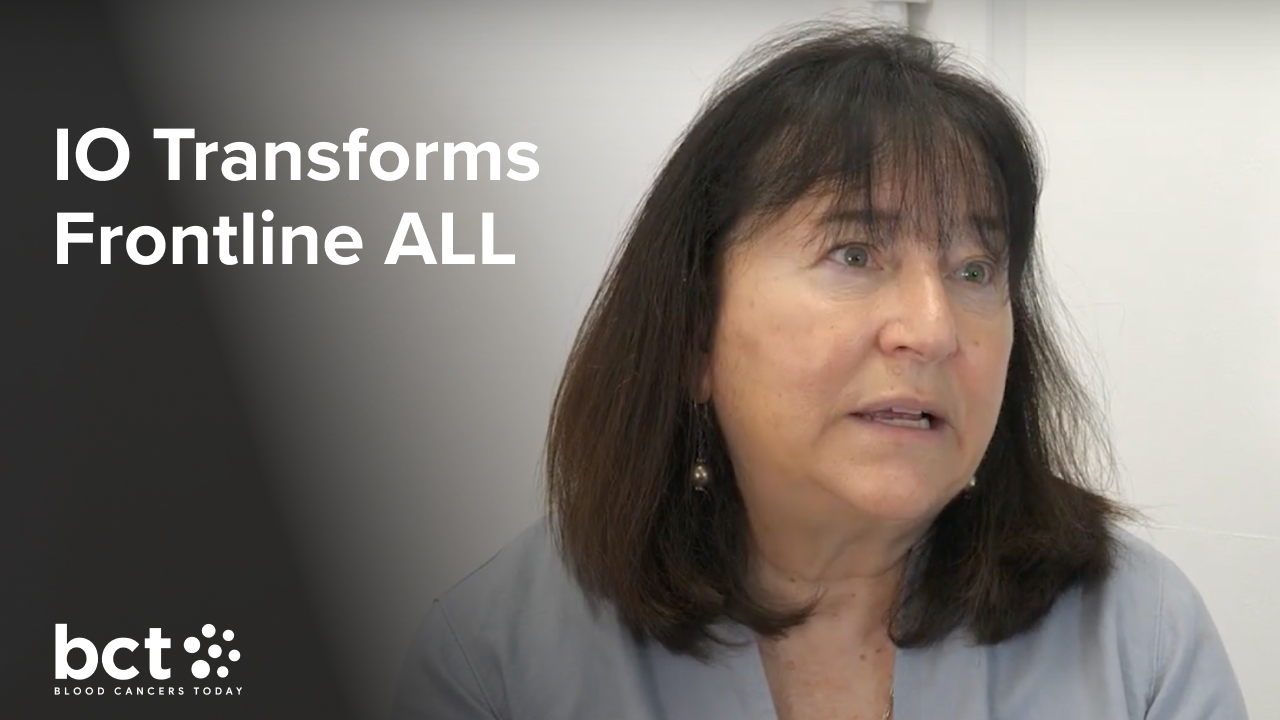


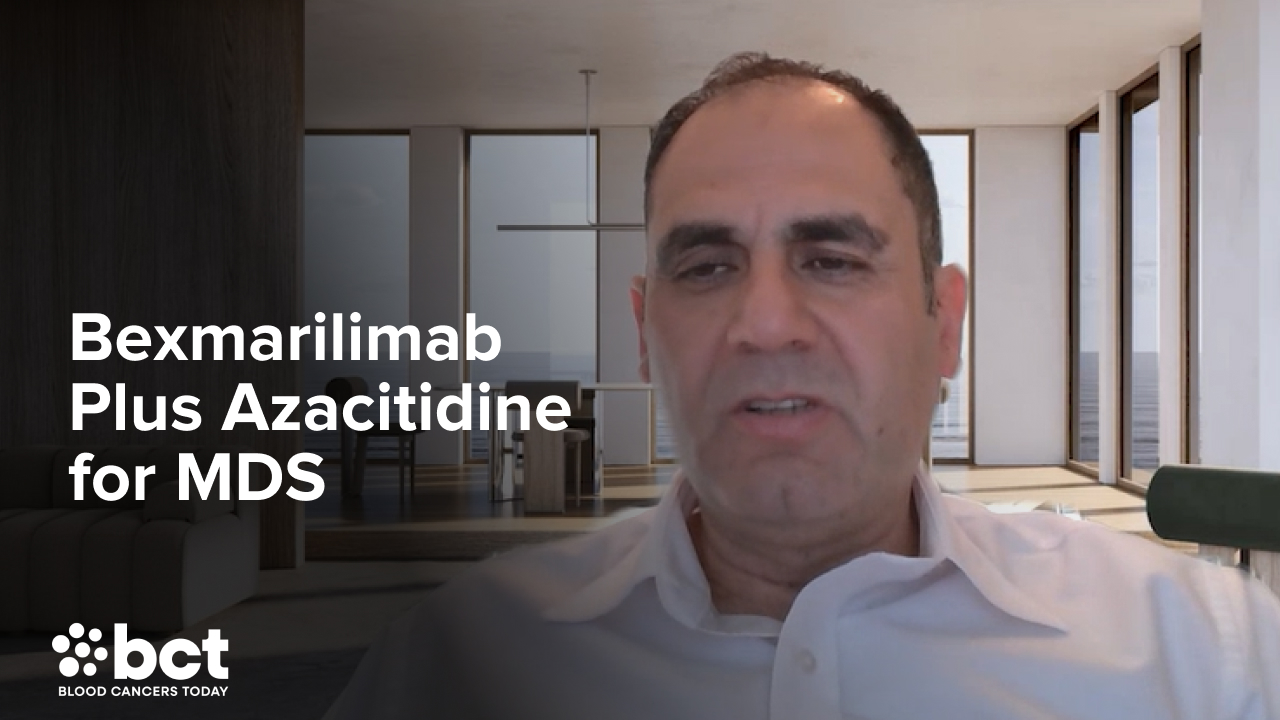
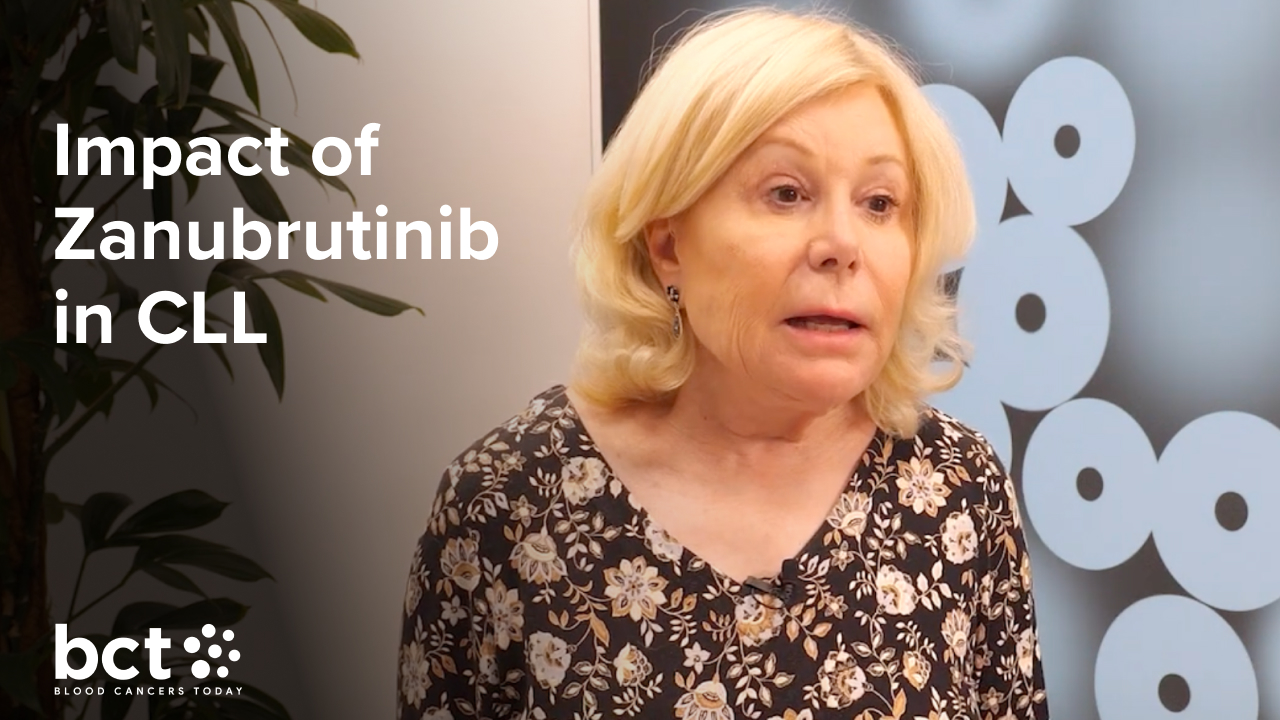

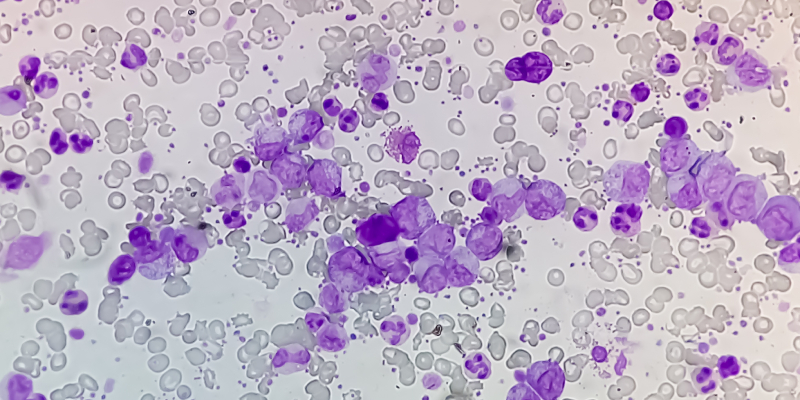
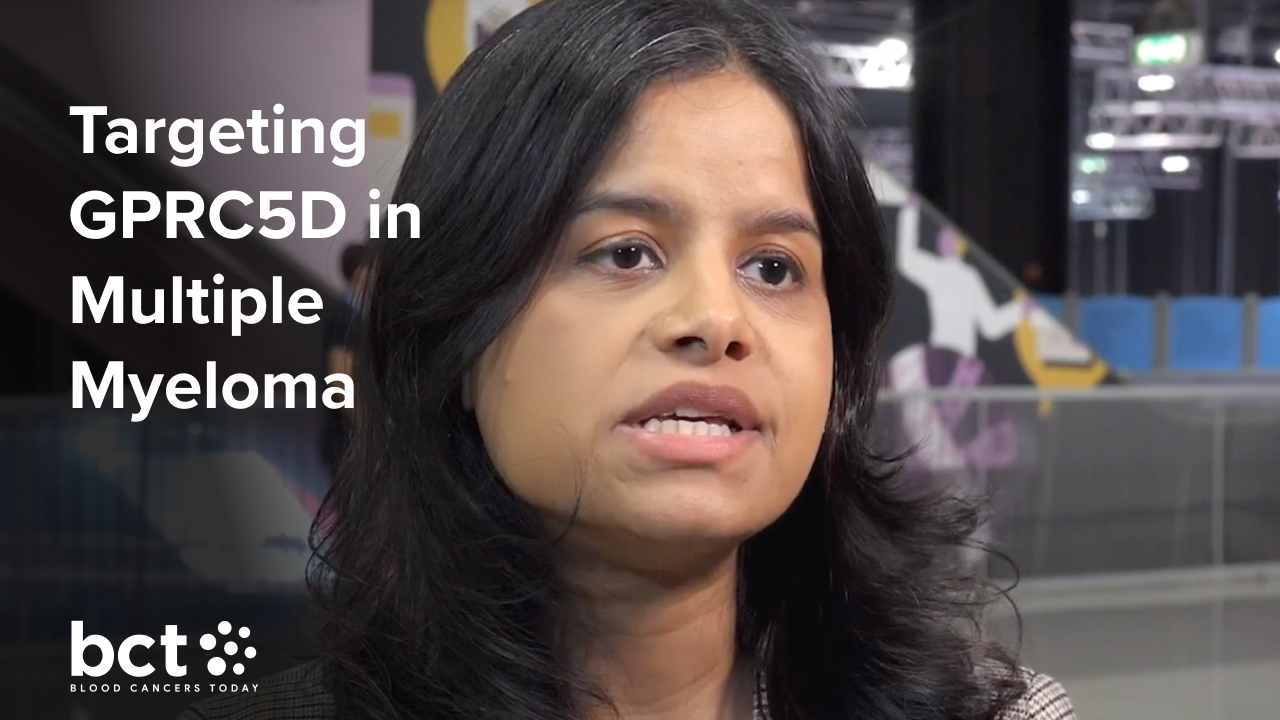

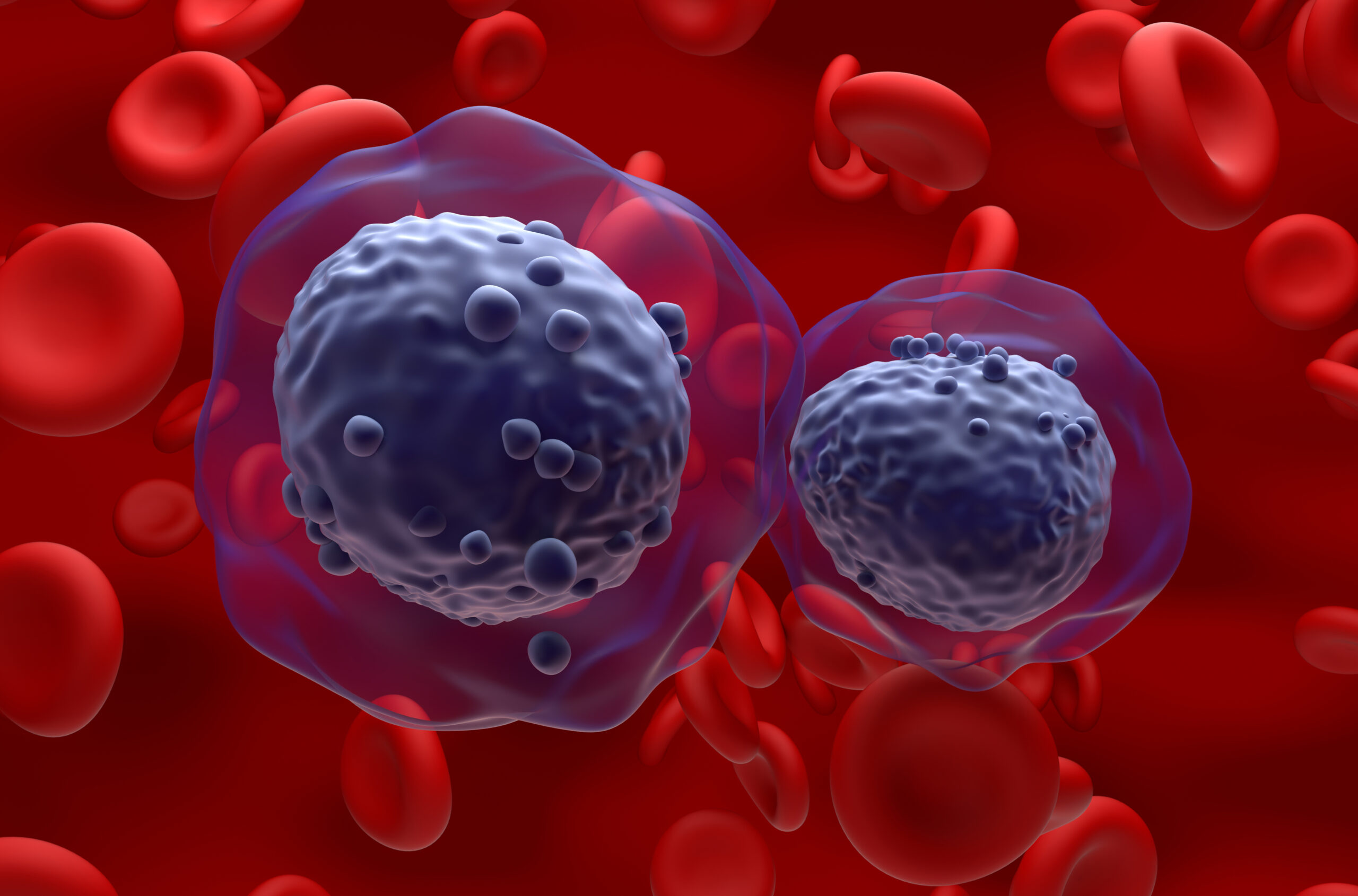

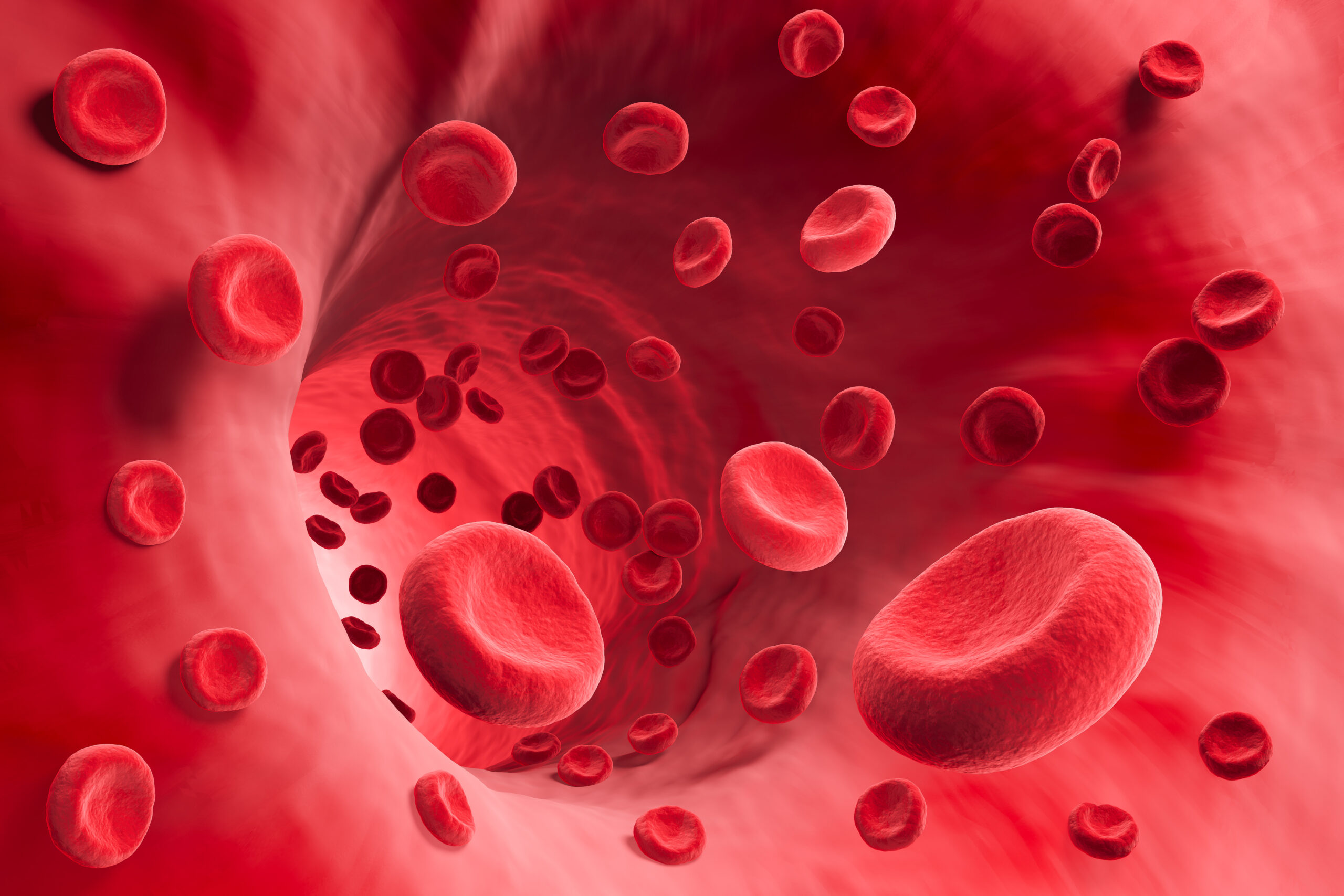
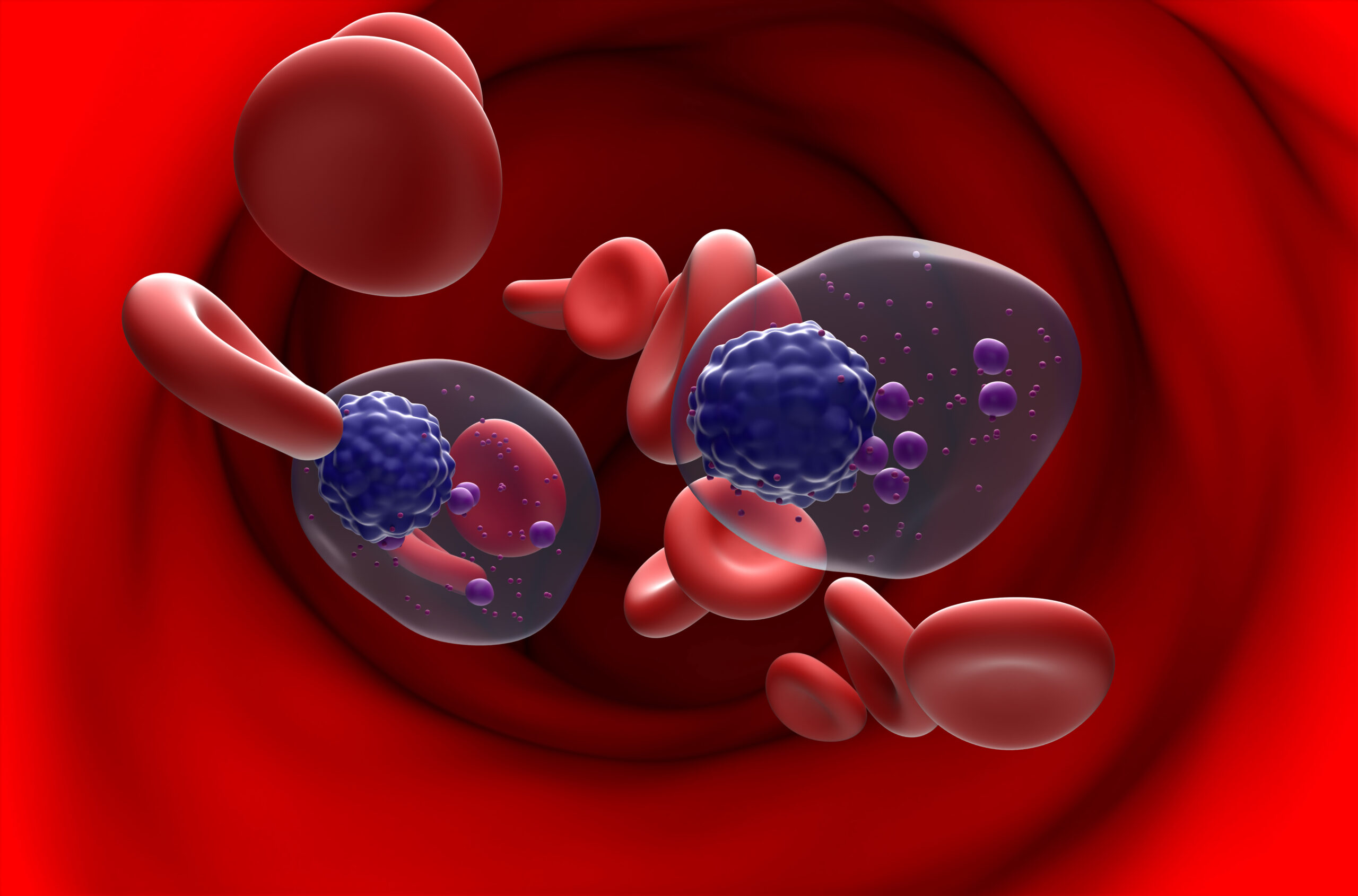
 © 2025 Mashup Media, LLC, a Formedics Property. All Rights Reserved.
© 2025 Mashup Media, LLC, a Formedics Property. All Rights Reserved.